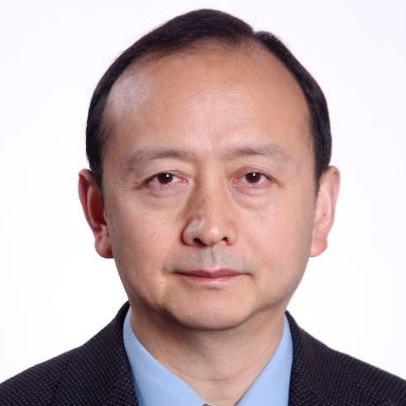China surprised President Obama and UN Secretary General Ban Ki-Moon on Sept. 28 by promising to create an 8,000 strong standby peacekeeping brigade for use on the African Continent. President Xi Jinping also committed $100 million over the next five years to the African Union (AU) for assistance in establishing a crisis response African standby force. He further pledged a robust $1 billion over the next decade to the UN’s Peace and Development Fund.
At a special meeting of the UN General Assembly, President Xi was among leaders of more than fifty countries who offered to provide more than 40,000 soldiers and police to reinforce UN peacekeeping procedures in Africa, the globe’s largest target of UN peacekeeping and peace enforcement actions.
President Obama, in turn, said that the United States would give more logistical support, including critical air- and sea-lift capacity, to UN peacekeeping efforts, would build base camps and airfields, and would upgrade the technical capacity of peacekeepers to defeat bomb-makers. But President Obama made no mention of more American boots on the African ground.
Of the existing 106,500 UN peacekeepers on the ground in Africa, China has contributed only 3000, well ahead of the United States and Russia, but well behind the world’s major and much more experienced suppliers of peacekeeping battalions: Bangladesh (9,400 men and women in Africa), Ethiopia, India, Pakistan, and Rwanda. India and Rwanda informed the UN meeting that they, too, would supplement their existing forces in Africa. Britain pledged engineers and other specialists, particularly for the difficult South Sudan mission.
With its promised additional manpower, China will join these chief facilitators of peacekeeping worldwide, and especially in Africa. But President Xi did not reveal how soon the new brigade would be ready, and Africa, with chronic UN-involved conflicts in three parts of the Sudan, in South Sudan, in the Democratic Republic of Congo, in the Central African Republic, in Somalia and Puntland, and potentially elsewhere south of the Sahara, desperately requires more manpower, as well as tougher mandates and upgraded operational protocols.
China’s existing 3000-strong contingent primarily operates in South Sudan, where China has critical petroleum supplying facilities and has also exerted itself diplomatically (and so far unsuccessfully) to bridge the peace gap between government forces loyal to President Salva Kiir and rebels loyal to former Vice-President Riek Machar. Ceasefires between the two sides have been agreed and broken on numerous occasions despite UN, African Union, American, and Chinese interventions. The oil flow northward to the Red Sea and thence to China has been interrupted, sometimes for long periods, despite Chinese negotiating and peacekeeping efforts and despite the vocal Chinese assistance – a first in UN peacekeeping affairs – that UN peacekeeping should be designed to protect critical infrastructure as well as civilians.
A small number of Chinese peacekeepers have also been a part of the UN mission attempting to prevent continued atrocities in the Darfur region of western Sudan. For the most part, the Chinese there and in South Sudan have added skills in logistics, medicine, and construction to the peacekeeping capacity more than they have supplemented existing fighting forces. President Xi said that China would give “favorable consideration” to future UN requests for Chinese engineering, transport, and medical staff. But the promised 8000 may include a greater proportion of men with guns, rather than shovels or scalpels.
China’s added promise to contribute a helicopter squad to African peacekeeping was also welcomed by the UN because among the many weaknesses of existing UN peacekeeping and peace enforcement operations in Africa is the almost total absence of air-support. Having even one helicopter squad will help, presumably in South Sudan.
At a complementary UN session on global gender equality, President Xi said that China was poised to train 30,000 women from the developing world in several fields important to the uplift of Africa and Asia.
Although the United States pays for a full 28 percent of the increasingly expensive $8.2 billion cost of UN peacekeeping worldwide, and especially in Africa, and the other permanent members of the Security Council and other members considerably less, often very much less, China’s new manifest pledges of support and its promised monetary and manpower contributions will now give China a major voice in African decision-making that it has hitherto not possessed. It will also reinforce China’s claims to be a responsible global power.
